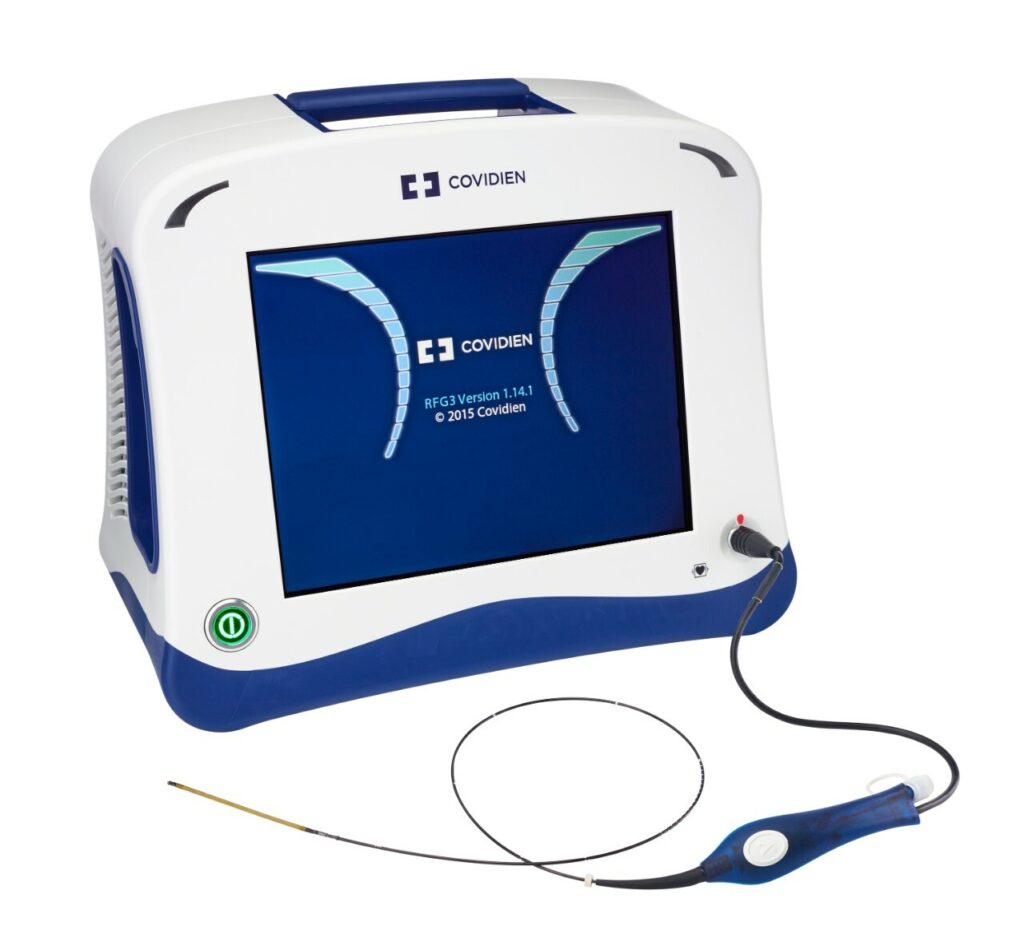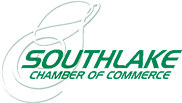 Understanding Radiofrequency Ablation Treatment
Understanding Radiofrequency Ablation TreatmentRadiofrequency ablation (RFA) is a medical procedure that treats chronic venous insufficiency (CVI). It uses radiofrequency energy to heat and close off problematic veins, redirecting blood flow to healthier veins. RFA is minimally invasive and typically performed on an outpatient basis. It has become a preferred treatment option due to its high success rate and minimal downtime.
An RFA procedure typically follows these steps:
The entire procedure usually takes about 30-45 minutes, and patients can typically return to work the same day.

Flying is generally safe after RFA, but you should wait a week or two before flying. Since sitting for extended periods increases the risk of blood clots, you should take precautions during a long trip. Wearing compression stockings, staying well hydrated and moving around frequently during the flight can reduce your risk.
If you need to fly shortly after your procedure, consult with your healthcare provider for personalized advice.
As with any medical procedure, there are potential risks and side effects. These include post-procedure discomfort in the treated area, bruising, swelling, and in rare cases, thermal injury, nerve injury, development of a deep venous thrombosis (DVT) and infection. It’s important to discuss any concerns before undergoing the procedure.
Radiofrequency ablation offers numerous benefits, including:
Radiofrequency ablation is highly effective, with successful closure rates typically exceeding 95%. Most patients experience significant improvement in their symptoms and quality of life. Treatment also seals affected veins permanently, decreasing the likelihood of recurrence of varicose veins in those specific veins.
The results of RFA are long-lasting. Your body will eventually absorb the closed off veins. However, it’s important to note that RFA does not prevent the development of new varicose veins. Regular follow-up and lifestyle changes can help maintain the results and prevent new issues from arising.
RFA might be the right treatment option if you have:
To determine if RFA is right for you, schedule a consultation with our experienced team at Southlake Vein Care. We will conduct a thorough evaluation and develop a personalized treatment plan for you.
Request an appointment online or call us at 972-378-5347.
In most cases, health insurance and Medicare will cover treatment of vein procedures, assuming the patient meets the criteria for treatment. Out of pocket expense depends on many factors, such as deductible met and the specifics of the individual plan. Our staff will work with you to understand the benefits and coverage provided by your insurance as well as any requirements that will need to be met.






















